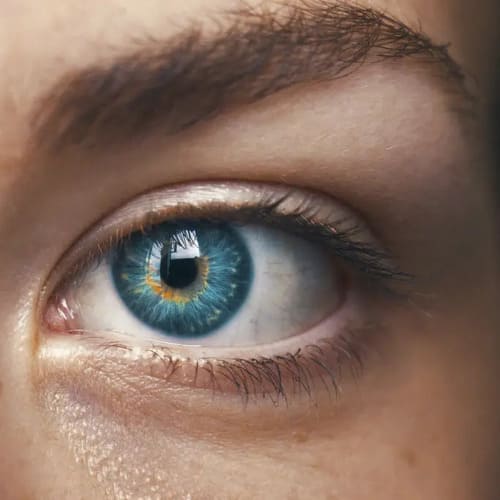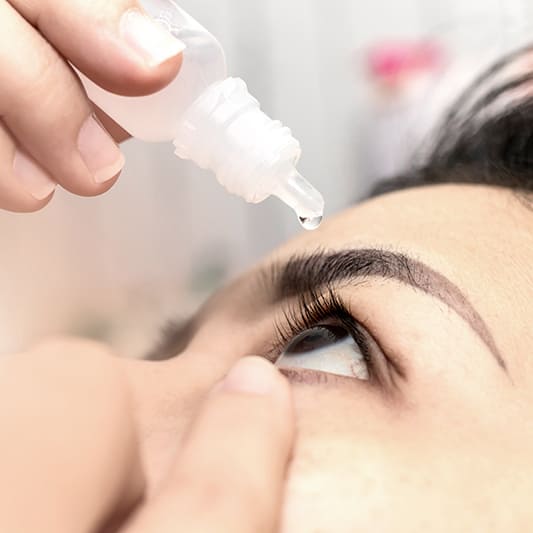Common Vision Problems
Each person is entitled to a clear view of the whole world
ICL (Implantable Collamer Lens) surgery is a vision correction procedure for myopia, astigmatism, and hyperopia. It involves implanting a biocompatible lens behind the iris without altering the cornea’s shape.
Recovery is swift, with improved vision often within days. ICL is ideal for individuals unsuitable for LASIK due to thin corneas or extreme prescriptions. Benefits include excellent visual outcomes, reversibility, and minimal corneal impact.
Potential risks include infection and glare. Costs vary, and insurance may not cover it. Regular follow-ups are essential to monitor eye health and stability. Consultation with an eye surgeon is crucial for personalized guidance.
Book Free Consultation
Book Appointment or Video Consultation online with top eye doctors
The Healing Period and Recovery
The healing period and recovery after ICL (Implantable Collamer Lens) surgery are generally rapid and relatively comfortable. Most patients experience significant visual improvement within a day or two, with minimal discomfort. It’s common to experience some light sensitivity, halos, or glare initially, but these symptoms often subside quickly. Unlike procedures that reshape the cornea, ICL surgery doesn’t involve corneal tissue removal, contributing to a faster recovery.
Patients are typically advised to refrain from strenuous activities for a week or so and avoid swimming and eye rubbing during the early recovery phase. Regular follow-up appointments with the eye surgeon are crucial to monitor progress and ensure eye health. While the immediate recovery is swift, the final visual stability may take a few weeks to months to fully achieve. Overall, ICL surgery offers a relatively quick and successful recovery, allowing patients to enjoy improved vision with minimal downtime.


Post Surgery Activities
After undergoing ICL (Implantable Collamer Lens) surgery, it is crucial to follow post-operative care instructions diligently. In the initial days, rest and avoid strenuous activities. Protect your eyes from dust, sunlight, and pollutants by wearing sunglasses.
Administer prescribed eye drops as directed to prevent infection and aid in healing. Avoid swimming and hot tubs to prevent potential contamination of the eyes. It’s essential to refrain from rubbing or touching your eyes to avoid any complications. Attend follow-up appointments as scheduled to monitor your progress and ensure the lens is settling correctly.
Gradually ease back into regular activities, including reading and screen time, as advised by your eye care professional. Prioritize your eye health, and if you experience any discomfort or unusual symptoms, promptly consult your surgeon.

